Under the revised law, the Japanese government will be allowed to deport those who fail to provide a reasonable reason for being granted refugee status after being rejected three times.
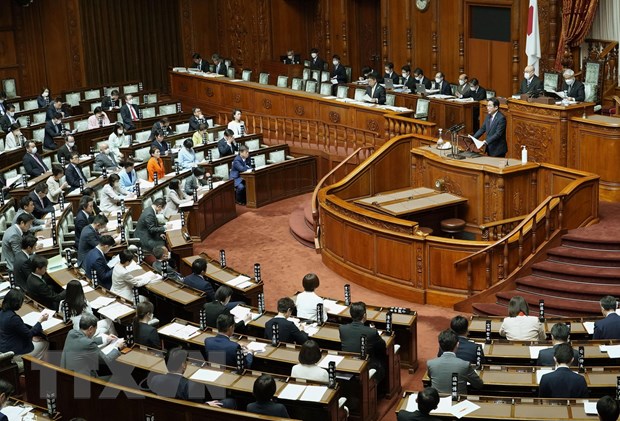
Japan's parliament on June 9 passed a bill to amend the immigration and refugee law, allowing authorities to deport individuals whose asylum applications have been rejected multiple times.
Japan's upper house of parliament has enacted the revised law with the support of the ruling Liberal Democratic Party (LDP), the LDP's coalition partner Komeito and other relatively conservative opposition forces.
Currently, Japan does not repatriate foreign nationals who are being considered for refugee status. Immigration authorities suspect that many people have abused this system by applying for asylum multiple times to continue staying in Japan.
Under the revised law, the Japanese government will reduce long-term detention at immigration facilities and encourage the deportation of foreigners who do not comply with deportation orders and overstay their visas.
Statistics from the Immigration and Residence Affairs Agency of Japan show that as of the end of 2022, 4,233 foreign nationals did not return to their home country despite receiving requests from Japanese authorities.
The amended law would allow the government to deport people who fail to provide a valid reason for being granted asylum after being rejected three times.
To provide support for foreigners from conflict-affected areas, the revised law provides "quasi-refugee" status, allowing them to stay in Japan even if they do not meet the criteria to be recognized as eligible refugees.
In an effort to prevent prolonged detention, the Japanese government will allow individuals seeking asylum to live outside immigration facilities under the supervision of family members or supporters to avoid the risk of absconding.
However, some have questioned the effectiveness of the mechanism, arguing that it would place a burden on supervisors.
The opposition Constitutional Democratic Party has proposed the creation of a third-party body to screen the refugee recognition process, which is currently handled by immigration authorities.
The ruling coalition rejected the proposal, instead including some minor changes in the revised law, such as training immigration officers on how to screen asylum seekers.
The number of asylum applications accepted in Japan is very low compared to the United States and some European countries, which typically accept more than 10,000 asylum seekers each year.
In 2022, Japan granted refugee status to 202 people out of a total of 12,500 applications./.
Source








![[Photo] General Secretary To Lam attends the 80th Anniversary of the Cultural Sector's Traditional Day](https://vstatic.vietnam.vn/vietnam/resource/IMAGE/2025/8/23/9f771126e94049ff97692935fa5533ec)













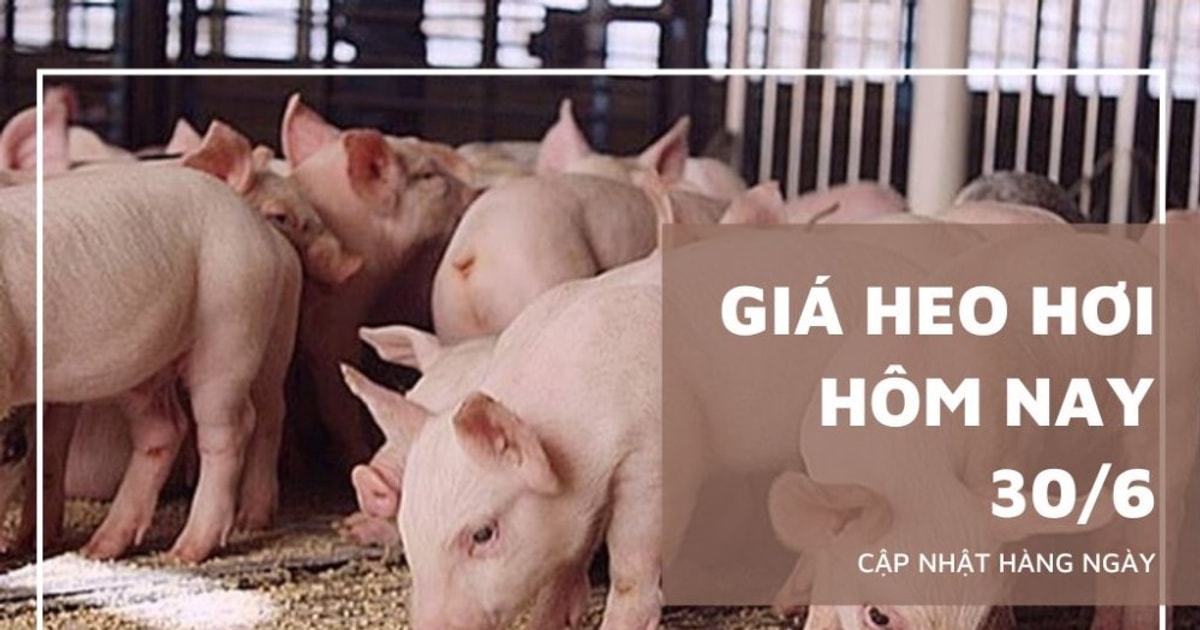




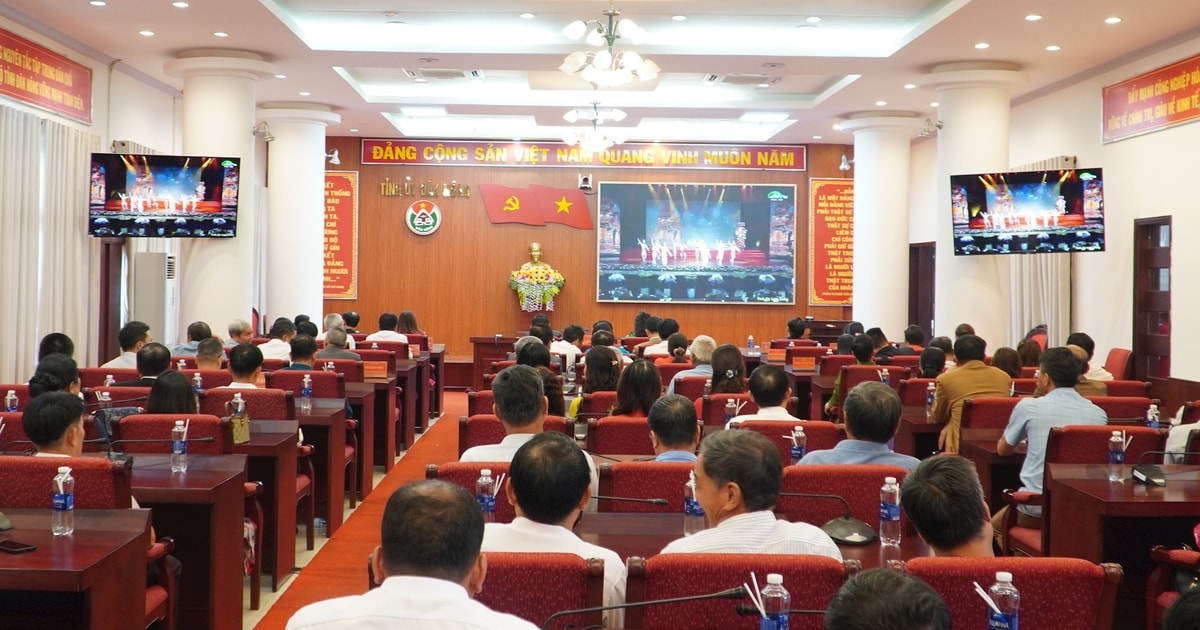
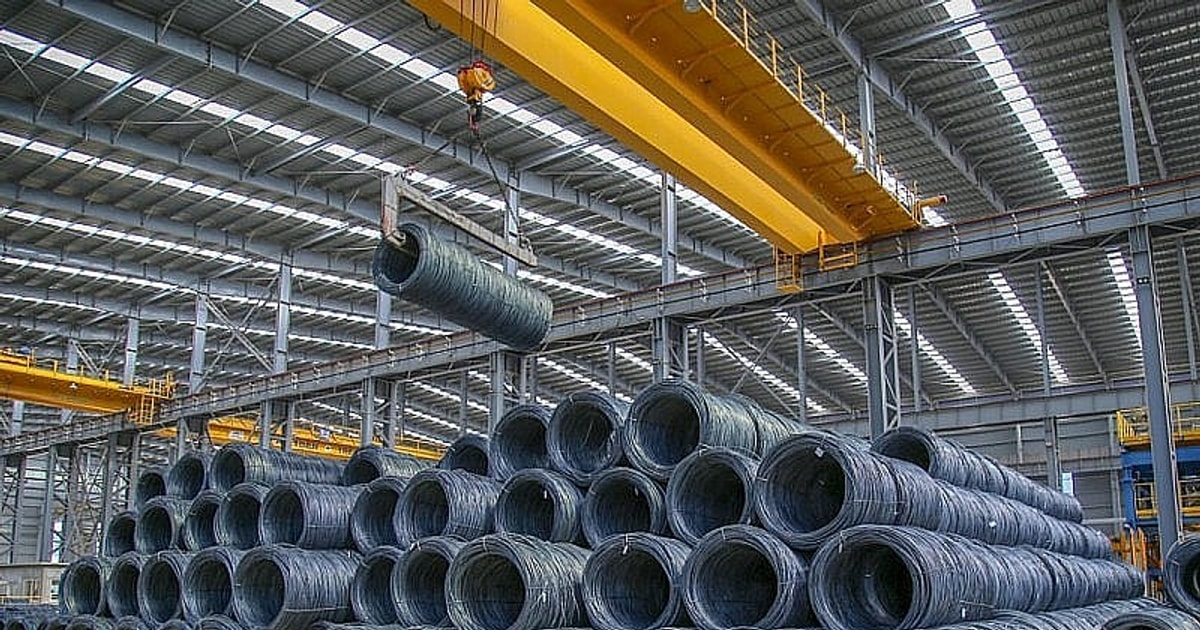








































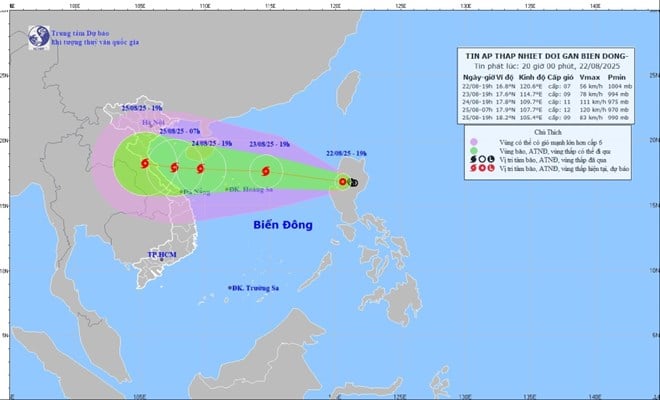



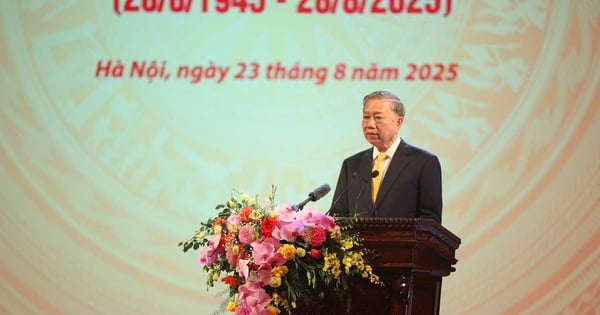
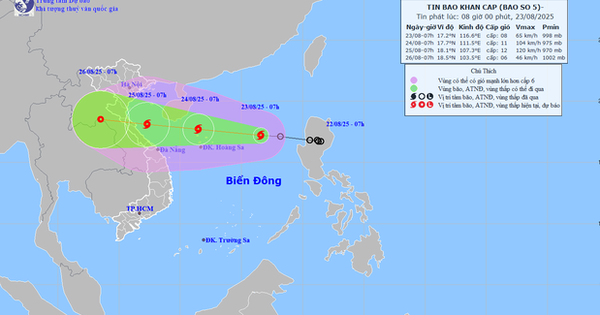



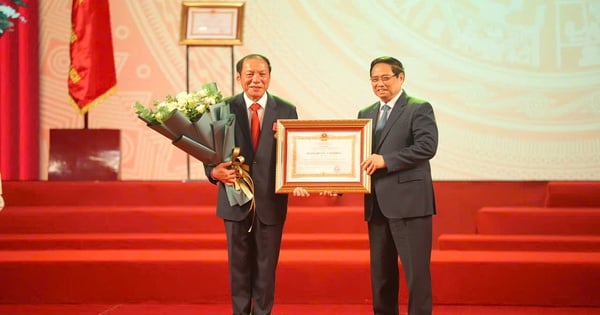


















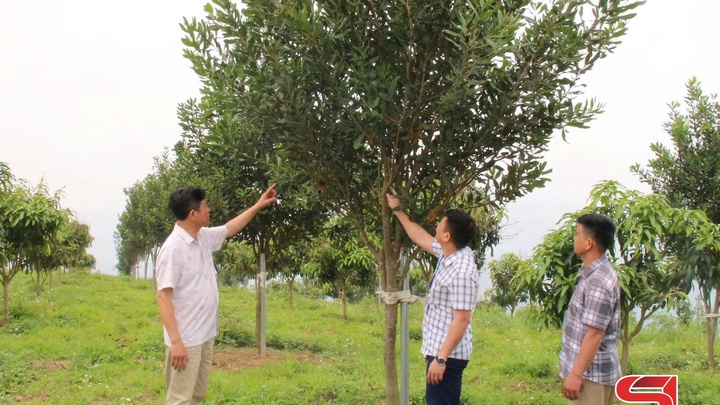







Comment (0)